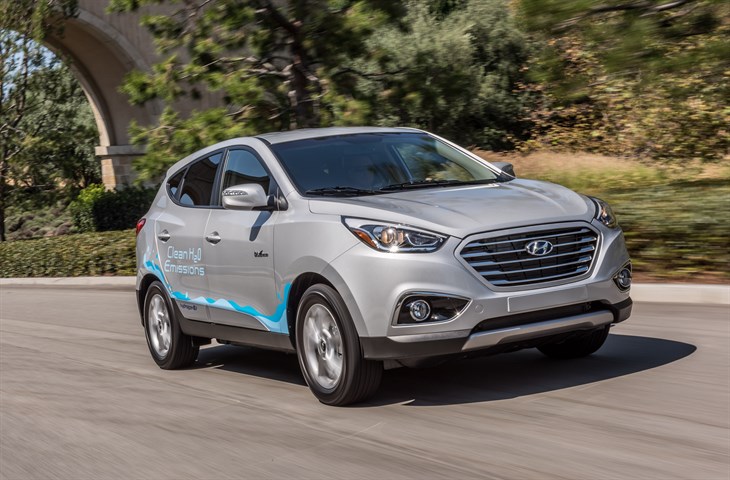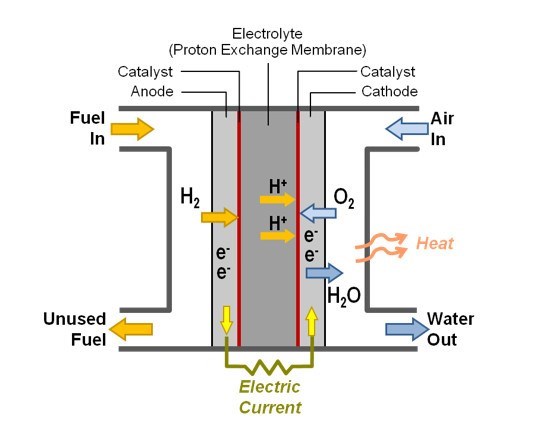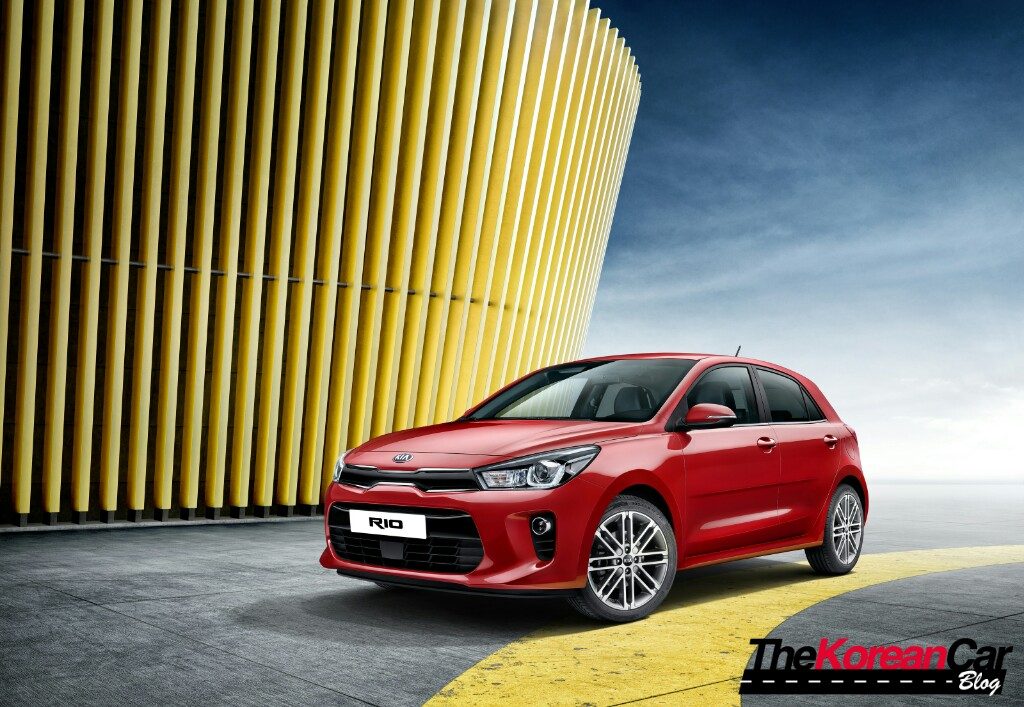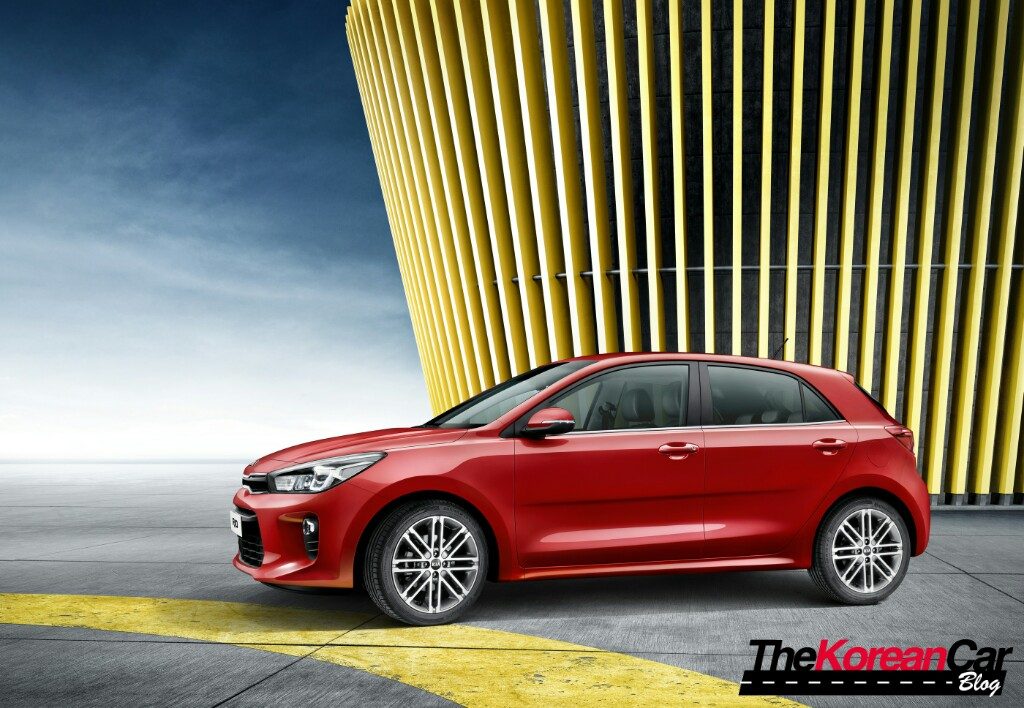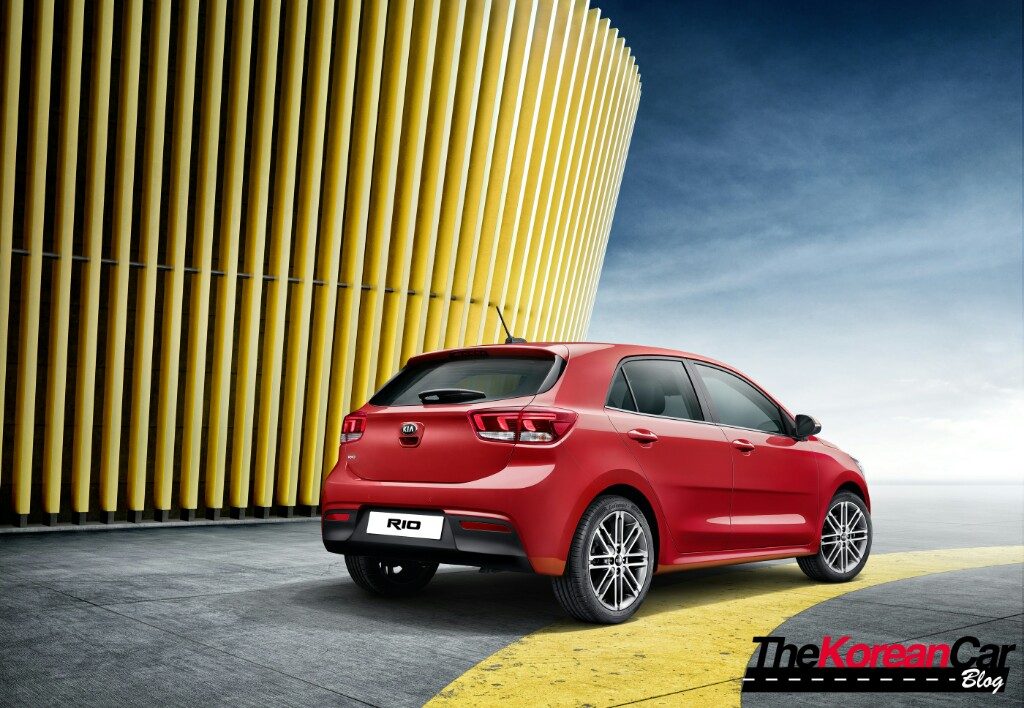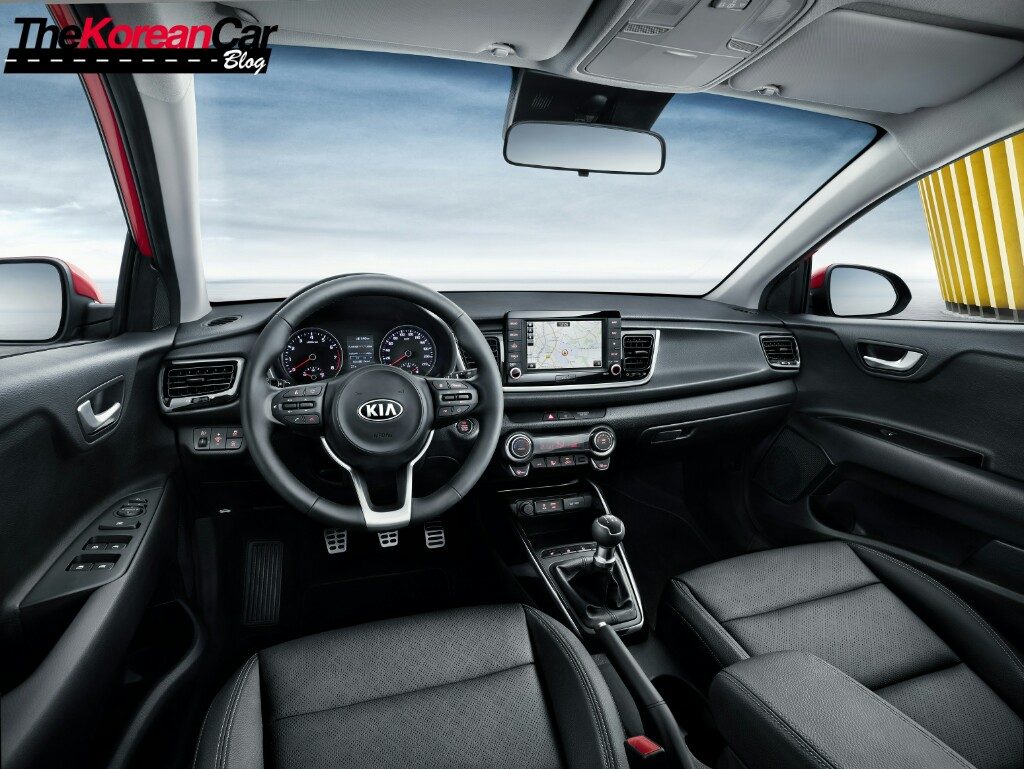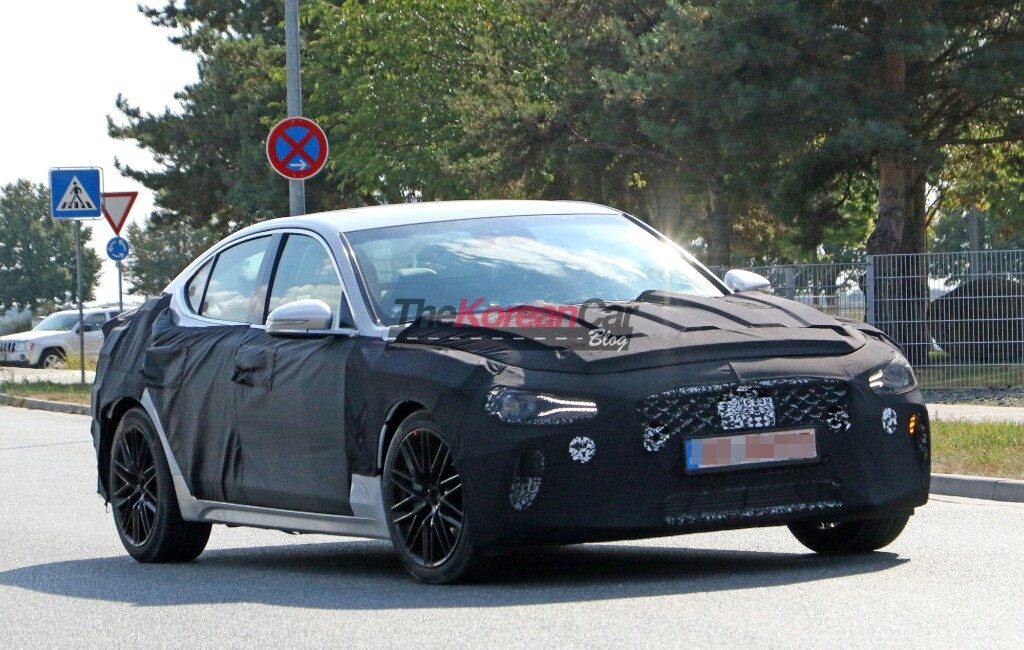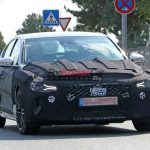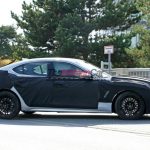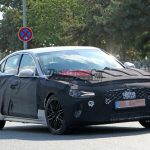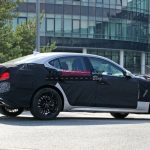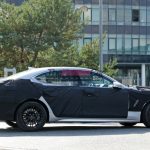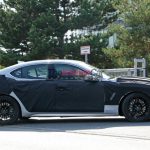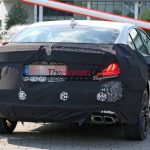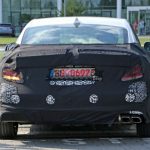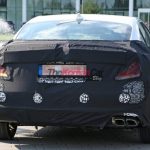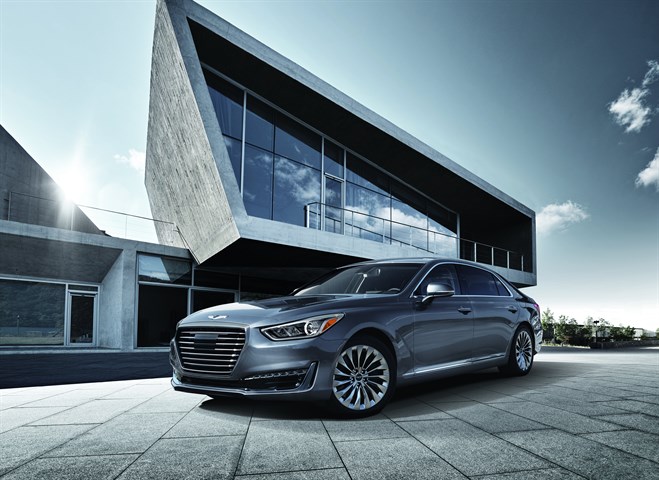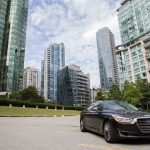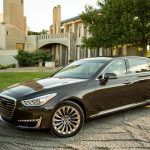2017 Hyundai Tucson Fuel Cell Continues To Attract Zero-Emissons-Focused Customers
Hyundai’s zero-emissions, hydrogen-powered Tucson Fuel Cell vehicle continues to satisfy and attract new customers focused on high-versatility and clean transportation.
The Hyundai Tucson Fuel Cell has also received strong support from government agencies, such as the California Air Resources Board. “These ultra-clean vehicles play a critical role in our efforts to clean the air and meet our climate goals,” said Air Resources Board chairman Mary D. Nichols. “Fuel cell cars are not vehicles of the future – they’re here now, and we applaud Hyundai for bringing them first to market in California where they are most needed.”
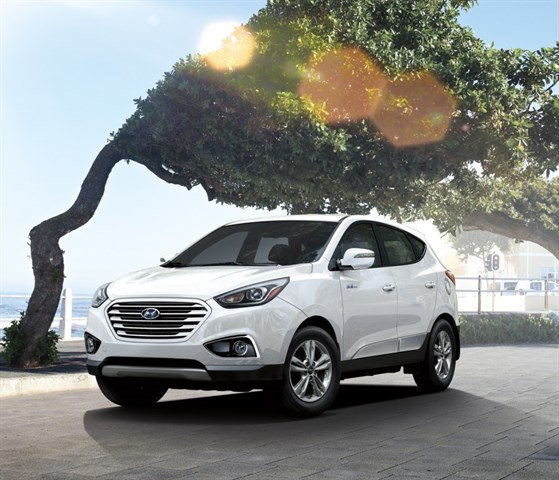 FUEL CELL PRICING AND BENEFITSThe Tucson Fuel Cell lease program remains unchanged for 2017. Customers in both Southern and Northern California can drive Hyundai’s Tucson Fuel Cell for just $499 per month for a 36-month term, with a $2,999 down payment. This includes the addition of a remarkable benefit – unlimited complimentary hydrogen refueling and At Your Service Valet Maintenance at no extra cost.
FUEL CELL PRICING AND BENEFITSThe Tucson Fuel Cell lease program remains unchanged for 2017. Customers in both Southern and Northern California can drive Hyundai’s Tucson Fuel Cell for just $499 per month for a 36-month term, with a $2,999 down payment. This includes the addition of a remarkable benefit – unlimited complimentary hydrogen refueling and At Your Service Valet Maintenance at no extra cost.“When we spoke with customers about fuel cell vehicles, many wondered about the cost of hydrogen,” explained O’Brien. “To ease those concerns as the hydrogen refueling network builds out, we decided that covering this cost for these early adopters was consistent with how we like to treat our customers.”
Customers interested in the Tucson Fuel Cell can indicate their interest (the first step in the ordering process) by visiting Hyundai.com. Retail consumers can find availability at five select California Hyundai dealers: Win Hyundai in Carson, Tustin Hyundai, Hardin Hyundai in Anaheim, Keyes Hyundai in Los Angeles and Capitol Hyundai in San Jose. Availability of the Tucson Fuel Cell will expand to other regions of the U.S. consistent with the accelerating deployment of hydrogen refueling stations. Tucson offers three exterior color options: Winter White, Hydro Blue and Chromium Silver.
TUCSON FUEL CELL ADVANTAGESHyundai has developed its Tucson Fuel Cell to alleviate some of the range and utility limitations of traditional battery electric vehicles. The Tucson Fuel Cell maintains the day-to-day flexibility of the gasoline-powered Tucson, so that its driver is able to fulfill their transportation needs without range or recharging-time concerns to their lifestyle.
The Tucson Fuel Cell is an advanced electric vehicle – one that creates its own electricity, on-board, from hydrogen. According to the University of California, Irvine Advanced Power and Energy Program’s 2013 study, the hydrogen fuel cell provides comparable total well-to-wheel emissions to a battery electric vehicle. For the Tucson Fuel Cell driver, this social benefit is achieved with greater utility, versatility and without compromises. Consider:
- Driving range of 265 miles
- Refueling time similar to gasoline vehicle of same size; about five minutes
- Minimal reduction in daily utility compared with its gasoline counterpart
- Instantaneous electric motor torque
- Minimal cold-weather effects compared with battery-electric vehicles
- Superb daily reliability and long-term durability
- No moving parts within the power-generating fuel cell stack
- More than two million durability test miles on Hyundai’s fuel cell fleet since 2000
- Extensive crash, fire and leak testing successfully completed
- Quieter EV operation
- Zero greenhouse-gas emissions, emits only water vapor
The Tucson Fuel Cell began mass production in February 2013 at the Ulsan, Korea assembly plant that also manufactures the Tucson gasoline-powered CUV. Manufacturing the Tucson Fuel Cell at the same plant allows Hyundai to leverage both the high quality and cost-efficiency of its popular gasoline-powered Tucson platform.
The benefits of hydrogen are well known – required supplies for the U.S. market can be produced domestically and its supply is virtually unlimited. It can be produced by varied means – including renewable sources such as biogas. Hydrogen can even be sourced directly from water, using electrolysis to split hydrogen molecules with electricity from renewable energy sources such as wind and solar.
Further supporting hydrogen infrastructure development, California approved a plan to develop up to 100 hydrogen refueling stations in the state over the next several years. This recent California initiative dovetails with increased government support of hydrogen infrastructure development at the federal level, such as H2USA. In addition, the California Energy Commission awarded $44.5 million for the development of 28 new hydrogen stations (plus one mobile refueler), bringing the total number of hydrogen fueling stations (open, in-development, and proposed) to over 50 stations in the near future.
FUEL CELL TECHNOLOGY: HOW IT WORKSHyundai’s fuel cell effectively replaces the battery pack used in an electric vehicle by generating electricity from hydrogen through an electrochemical process that does not involve hydrogen combustion, with no moving parts within the fuel cell stack.
The fuel cell electrochemical process is as follows:
- Hydrogen enters the anode, air (oxygen) enters the cathode
- Catalyst splits the hydrogen electrons and protons
- Electrolyte conducts the positively-charged ions while blocking the electrons
- Electrons are used to create an external circuit, generating electricity
- Catalyst combines the hydrogen ions and electrons with oxygen to create water and heat energy
- A single fuel cell produces approximately one volt; fuel cells are “stacked” to meet voltage requirements
